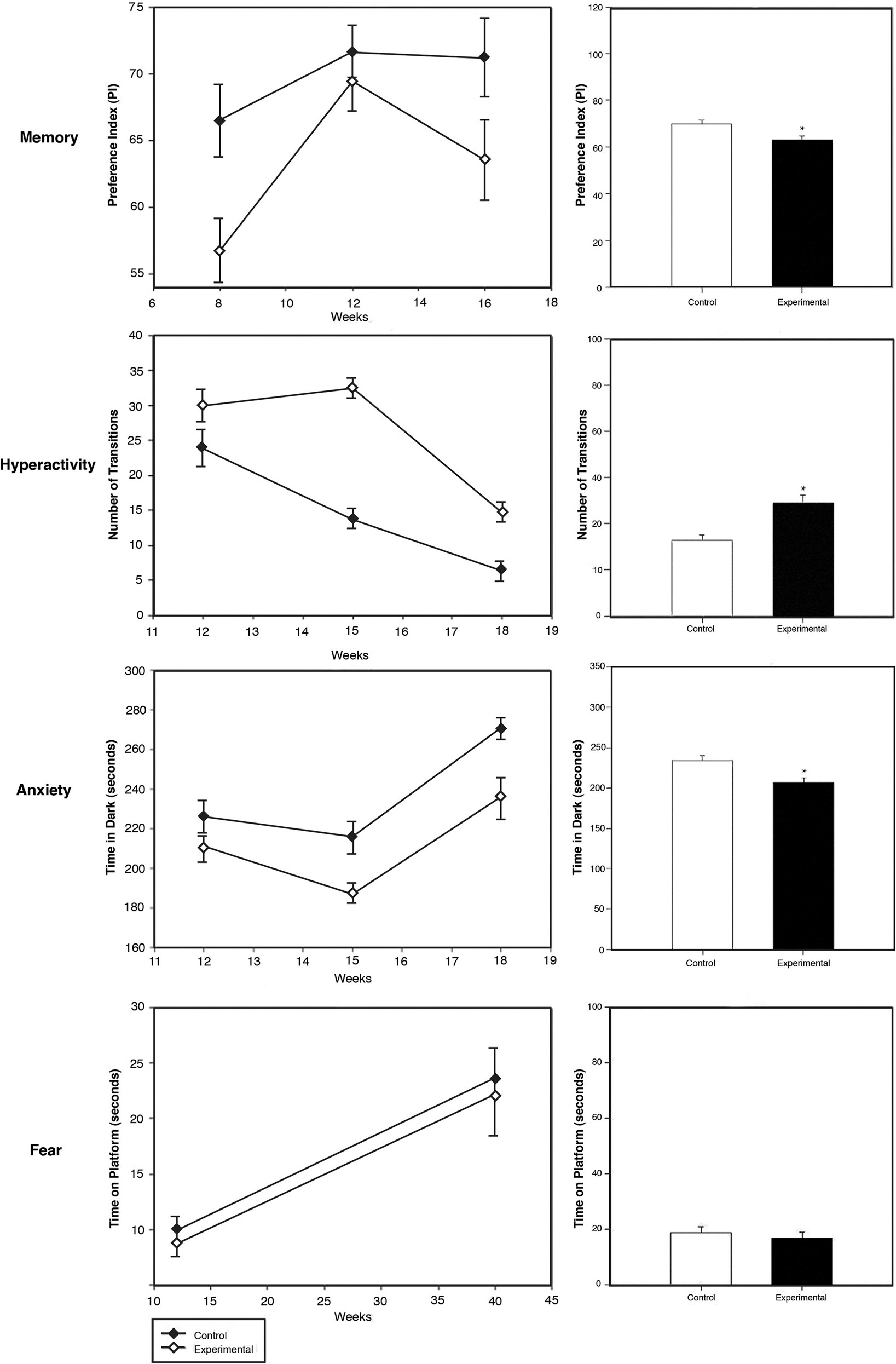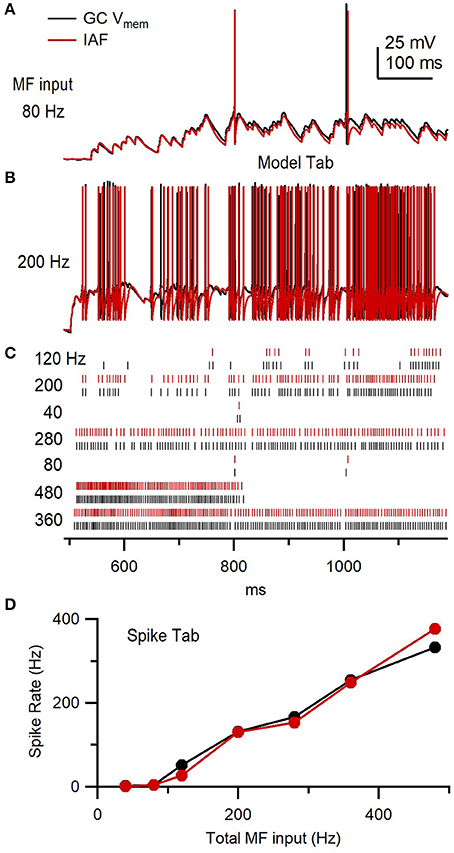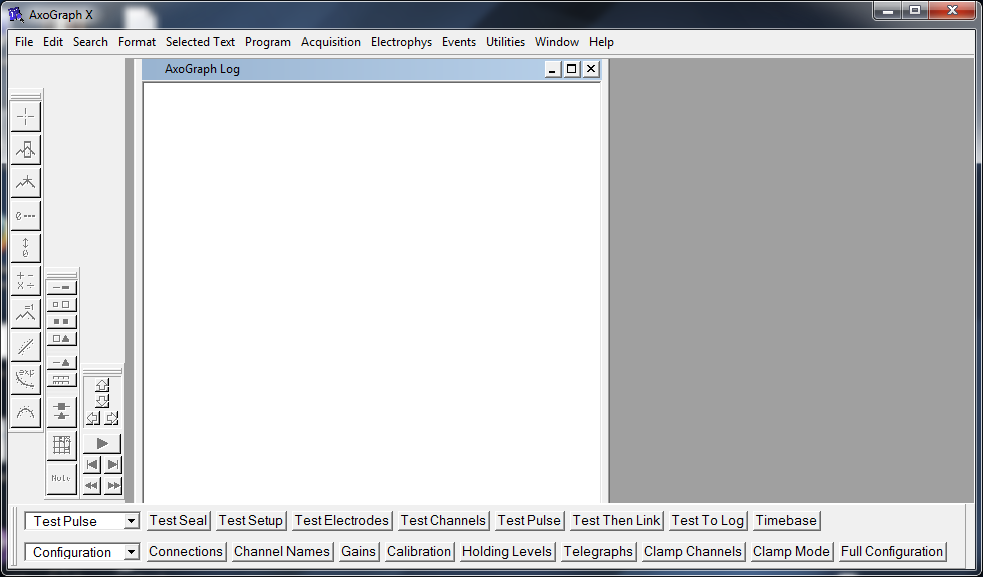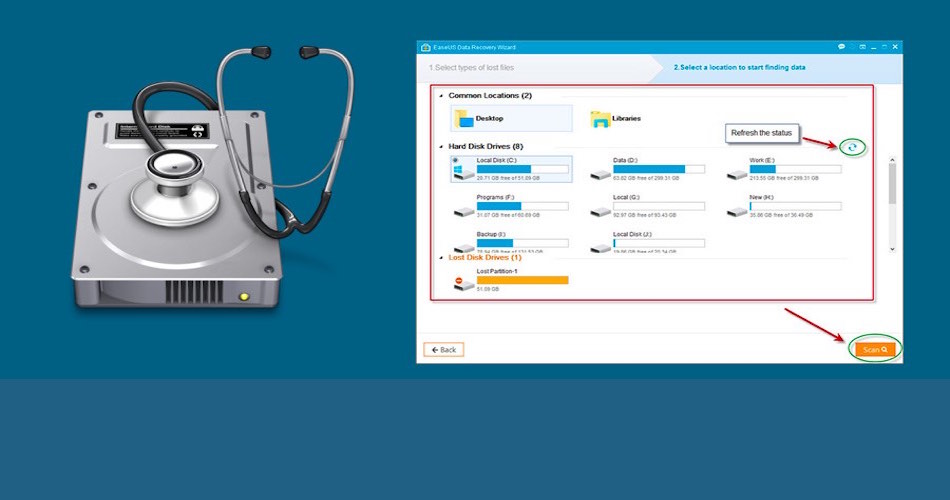If you do not go to the doctor, the sulfur plug can sink into the bones and squeeze the eardrum, irritating the nerves. This is fraught not only with severe pain, but also with serious consequences, in particular, paralysis of the facial nerve, tachycardia, convulsive seizures. AxoGraph X is an essential tool for busy research scientists and engineers. It provides an intuitive, efficient way to acquire and analyze time-series data, and a direct route to publication quality graphics. You may want to check out more software for Mac, such as Curvus Pro X, NWB or MicroWorlds EX, which might be similar to AxoGraph X.
Latest versionReleased:
A Python package for reading and writing AxoGraph data files Nxpowerlite alternative.



Project description
axographio is a Python package that makes it easy to read and write binarydata files in the AxoGraph file format.
AxoGraph is a commercial software package for data acquisition and analysisthat is widely used in electrophysiological research. Although it can read andwrite files in text format, its binary format is much smaller and faster to loadand save; thus many users preferentially use this format. The companydistributes the details of the file format along with sample C++ code forreading and writing to these files using third-party software, such as thisPython package.
Python is a powerful and easy to use general purpose programming language.There are many useful Python libraries available for scientific data analysisand data visualization such as SciPy, Matplotlib, and Mayavi.
This package provides a simple interface for loading AxoGraph data files intoa Python program or interactive session. If you want to analyze data yourecorded in AxoGraph using Python-based tools, this package provides the gluecode you’ll need. You can also write data to the AxoGraph binary format so thatit can be viewed and analyzed within AxoGraph.
Getting axographio
axographio is compatible with both Python 2 and Python 3.
The easiest way to get axographio is to install the latest stable versionusing pip, but you can alternatively build it from the source code.
Installing the latest stable version
Requirements for installing and running axographio:
- The NumPy package (pip install numpy)
The axographio package contains C++ code that must be compiled. PyPI storespre-compiled copies of the package for common platforms (e.g., Python 3 on64-bit Windows), and these can be installed using pip.
Axograph X
To install the latest stable version, try the following:
If a pre-compiled package is available for your platform on PyPI, pipshould quickly download and install it. If not, pip will automaticallyattempt to build the package from source code. Building the package hasadditional requirements. If pip fails during building, keep reading.
Building from source code
If you need to build the package because a pre-compiled version is not alreadyavailable for your platform on PyPI, or if you just want to try building fromthe source code, you will need to meet additional requirements.
Requirements for building axographio from source code:
- The NumPy package (pip install numpy)
- The Cython package, version 0.19 or later (pip install cython>=0.19)
- A C++ compiler (e.g., Visual C++ Build Tools from Microsoft on Windowssystems, or Xcode on Mac systems)
If pip failed while trying to build from source code, make sure you meetthese requirements and try again.
If you would like to build and install using the latest development source codefrom GitHub, try the following:
This command requires git. If you don’t have git, you can insteadmanually download the source from GitHub and install from your localdirectory:
Usage
Try out the Binder demo for an interactive Python session that requires noinstallation or fuss. You can start hacking right now!
Loading a data file is as easy as calling read:

At this point the variable f will contain a file_contents object withthe column names and data from the file. For example, you could now plot thefirst two columns using Matplotlib:
Of course, you probably have grander plans than just plotting the data. Thecolumn data supports the standard sequence interfaces (i.e., indexing,iteration, etc.) and can be converted to a NumPy or SciPy array using theasarray functions in these packages, e.g.:
Writing files is also relatively easy. You simply create a newfile_contents object (or use one you loaded earlier), and then callwrite. For example, the following code creates a file in the currentdirectory called ‘my60Hz.axgx’ with two channels with 60 Hz sine waves:
Questions and Support
Please post any questions, problems, comments, or suggestions in the GitHubissue tracker.
Changes
0.3.2
- Re-release of 0.3.1 with version bump to address issue #8
0.3.1
- Modify NumPy’s global print settings only when running tests
0.3.0
- Package test suite can be run using axographio.tests.run()
- Package version can be accessed using axographio.__version__
- Added example Jupyter notebook to source repository (not included withinstallation)
- Updated installation instructions
- Improved documentation
- Reorganized source code file structure
- Fixed doctests for NumPy < 1.14
0.1.1
Axograph X
- Fixed a rounding error that could create one extra data point in the timecolumn
Acknowledgments
This initial version of this project was written in theChiel Laboratory at Case Western Reserve University, with support from NIHgrant NS047073, an Ohio Innovation Incentive Award Fellowship, and theCase Western Reserve MSTP (NIH T32 GM007250). This project builds on anumber of other open source projects, including Python, C++ AxoGraph fileinput/output code from AxoGraph Scientific (placed in the public domain; amodified version is included with the project source code), Cython, and manyothers. Thanks also to Dr. Hillel Chiel for providing testing and helpfulsuggestions.
Release historyRelease notifications | RSS feed
0.3.2
0.3.1
0.3.0
0.2.0
0.1.1b1 pre-release
0.1.0
Download files
Download the file for your platform. If you're not sure which to choose, learn more about installing packages.
| Filename, size | File type | Python version | Upload date | Hashes |
|---|---|---|---|---|
| Filename, size axographio-0.3.2-cp39-cp39-win_amd64.whl (100.4 kB) | File type Wheel | Python version cp39 | Upload date | Hashes |
| Filename, size axographio-0.3.2.tar.gz (63.4 kB) | File type Source | Python version None | Upload date | Hashes |
Hashes for axographio-0.3.2-cp39-cp39-win_amd64.whl
| Algorithm | Hash digest |
|---|---|
| SHA256 | 8fc706a7df9c5840746a41ab2d99edecded3f1009135441ebb1cabe11a45bbba |
| MD5 | 2789be44d9e26257f8dad9a165327f29 |
| BLAKE2-256 | d21ecbfd00645f56fb518172a7617a7f6ef397bcabac59d761677caefbd573bb |
Hashes for axographio-0.3.2.tar.gz

| Algorithm | Hash digest |
|---|---|
| SHA256 | 0fb15a8670de745717dabeb59633fc979d2498ac3b4129c833515219b19e3c45 |
| MD5 | 53c25c2348bee1ab3d01d8986508edbf |
| BLAKE2-256 | f1d926d7f74c23a22336dba5543fde16185e8e88ddb7f23156fbac2f80a63324 |

